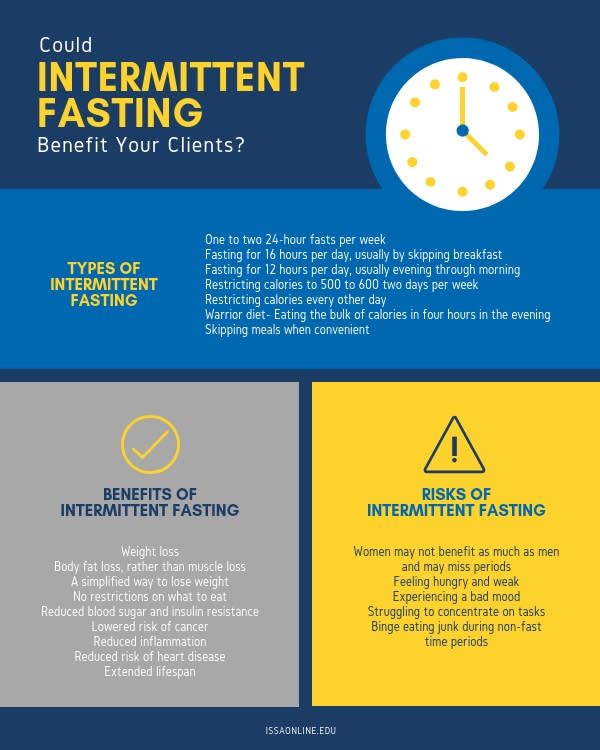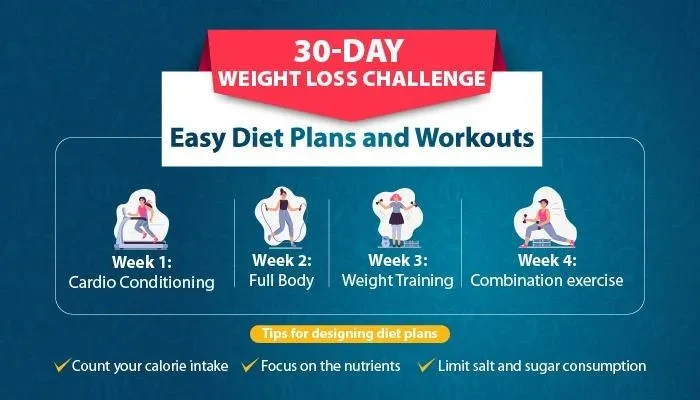Intermittent Fasting for Fitness: Pros and Cons
Intermittent fasting has gained popularity in the fitness world as an effective way to achieve weight loss, improve metabolic health, and even increase longevity. The concept is simple: restrict your eating window to a specific time frame each day, for example, fasting for 16 hours and eating within an 8-hour window.
Pros of Intermittent Fasting
There are numerous benefits associated with intermittent fasting, making it a popular choice for those looking to improve their fitness and overall health.
Weight Loss
One of the main reasons people try intermittent fasting is for weight loss. By limiting the hours in which you eat, you naturally consume fewer calories, leading to weight loss over time. Additionally, fasting can help boost metabolism and promote fat burning.
Improved Metabolic Health
Intermittent fasting has been shown to improve insulin sensitivity, reduce inflammation, and lower blood sugar levels. These benefits can help reduce the risk of developing type 2 diabetes and other metabolic disorders.
Increased Energy Levels
Many people report feeling more energized and focused during fasting periods. This may be due to the body’s increased production of norepinephrine, a hormone that helps boost alertness and mental clarity.
Longevity
Some studies suggest that intermittent fasting may promote longevity by reducing oxidative stress and inflammation in the body. By giving your digestive system a break, you allow your body to repair and regenerate cells, potentially slowing down the aging process.
Cons of Intermittent Fasting
While intermittent fasting has many benefits, it may not be suitable for everyone. It’s important to consider the potential drawbacks before adopting this eating pattern.
Difficulty Adhering to the Schedule
Intermittent fasting requires strict adherence to a specific eating schedule, which can be challenging for some people. Those with busy schedules or erratic eating habits may find it difficult to stick to a fasting routine.
Possible Nutrient Deficiencies
Restricting your eating window may lead to nutrient deficiencies if you’re not careful to consume a balanced diet during your eating hours. It’s important to make sure you’re getting enough vitamins, minerals, and other essential nutrients while fasting.
Potential Negative Effects on Hormones
Some individuals, particularly women, may experience disruptions in their hormonal balance when practicing intermittent fasting. This can lead to irregular menstrual cycles, hormonal imbalances, and other health issues.
Increased Risk of Binge Eating
For some people, the restricted eating window of intermittent fasting can trigger binge eating behaviors. This can sabotage weight loss efforts and lead to unhealthy relationships with food.
Conclusion
Intermittent fasting can be a powerful tool for improving fitness and overall health, but it’s not suitable for everyone. Before trying intermittent fasting, consider the pros and cons carefully and consult with a healthcare provider or nutritionist to ensure it’s the right choice for you.


